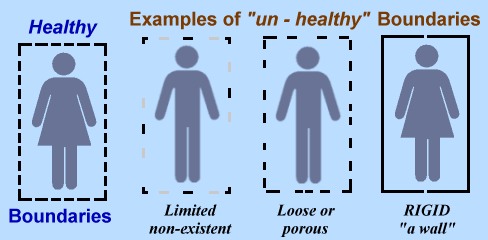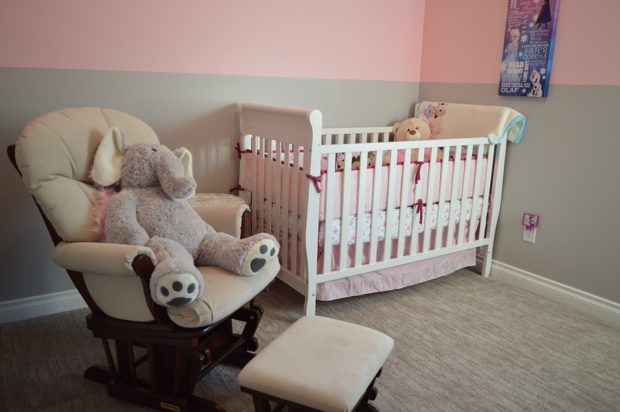Maintaining Boundaries with Your Adult Stepchild
The following post is by Karla Downing, M.A., Licensed Marriage and Family Therapist, author and founder of ChangeMyRelationship. Her last article, When an Adult Stepchild Moves Back Home, discussed what things to consider if your adult stepchild needs to move back home. This post discusses the need to maintain boundaries with your adult stepchild.

Your relationship with an adult stepchild is different than your relationship with a minor stepchild.
Therefore, your role as disciplinarian ends, and it becomes more of a mutual relationship between two adults. You give up the idea of controlling, punishing, and pushing. You may do some guiding, but it needs to be given under different terms.
The relationship with an adult child needs to be mutually respectful. When an adult child lives at home, the boundaries need to focus on what is okay for you in your home.
You have the right to control what and who comes into your home; you don’t have the right to control what your stepchild does away from your home unless it negatively impacts you somehow.
The hours the child gets up and goes to bed shouldn’t be your concern unless it directly impacts you. What your adult stepchild does with their own time is also not your concern, unless it is affecting you, such as keeping you from sleeping, waking you up, or preventing you from enjoying your own home. You can ask the child to communicate where they are and what they are doing if you need that information to feel comfortable.
Money should also be discussed. If you think an adult child living at home should pay rent, then you can require rent. If you are willing to offer a free place to stay, you explain why and under what conditions.
You can make it a requirement to have a job and/or to be productive to live at home, especially if it is rent-free. You should also discuss what you will pay for, if anything, and again, under what terms.
You are also communicating the adult child has the responsibility to be self-sufficient as soon as possible. You are offering a place to stay while your stepchild is working on that goal.
Activities that hinder that goal, such as drinking, drugging, video gaming, etc., are your concern only because you get to decide what you are willing to enable. If living at home is allowing your child to be irresponsible, then you aren’t going to feel good about yourself.
Your boundaries need to be discussed with your adult stepchild in a mutually respectful conversation. Get input and negotiate where you can.
You are talking about an agreement made between two adults with both of you responsible for your end of the deal.
It is often easier to have your own biological adult child living at home than a stepchild. Therefore, it is good to ask yourself this question:
This helps you to take any personal bias out of your decision-making process and to make the agreement fair. It is also essential to get your spouse’s input and agreement. It will help you to be on the same page if your spouse sees your boundaries make sense and are equally applied to biological children and stepchildren.
Learn more about Boundaries order the book.






